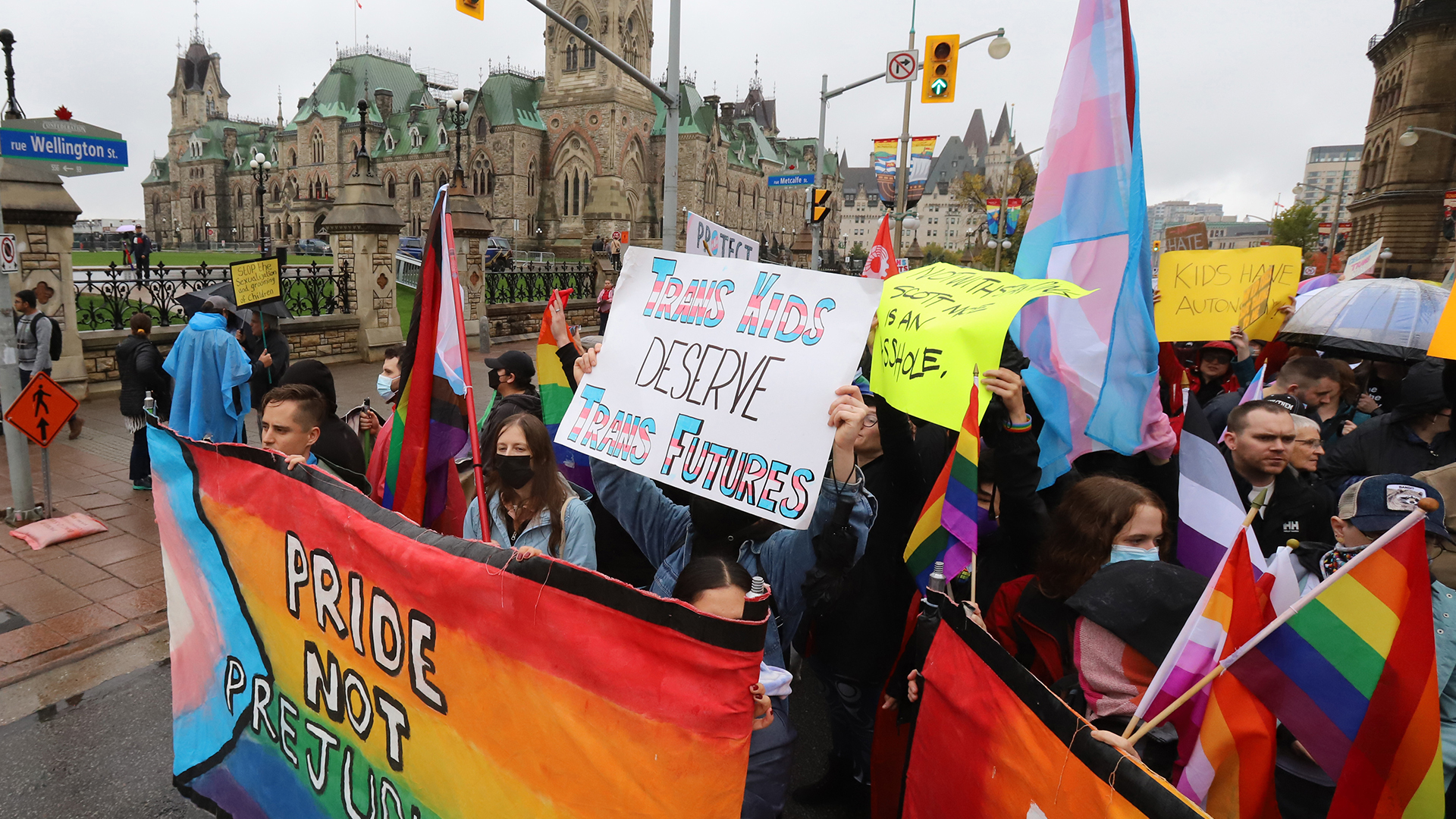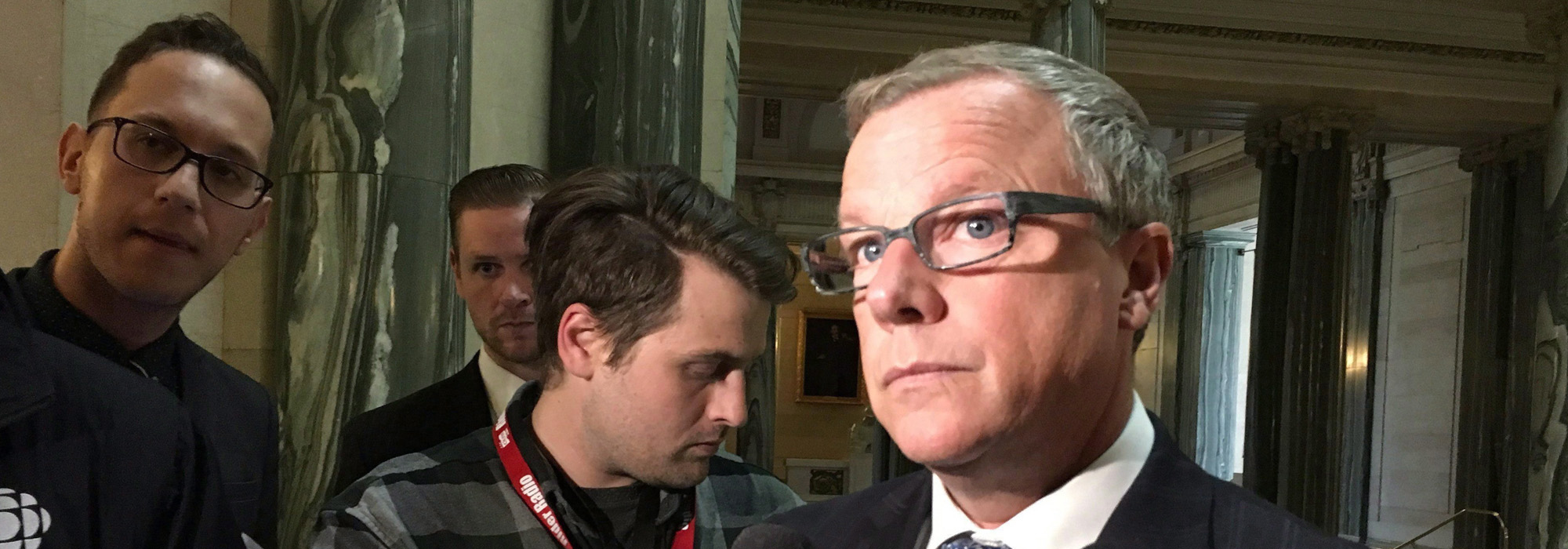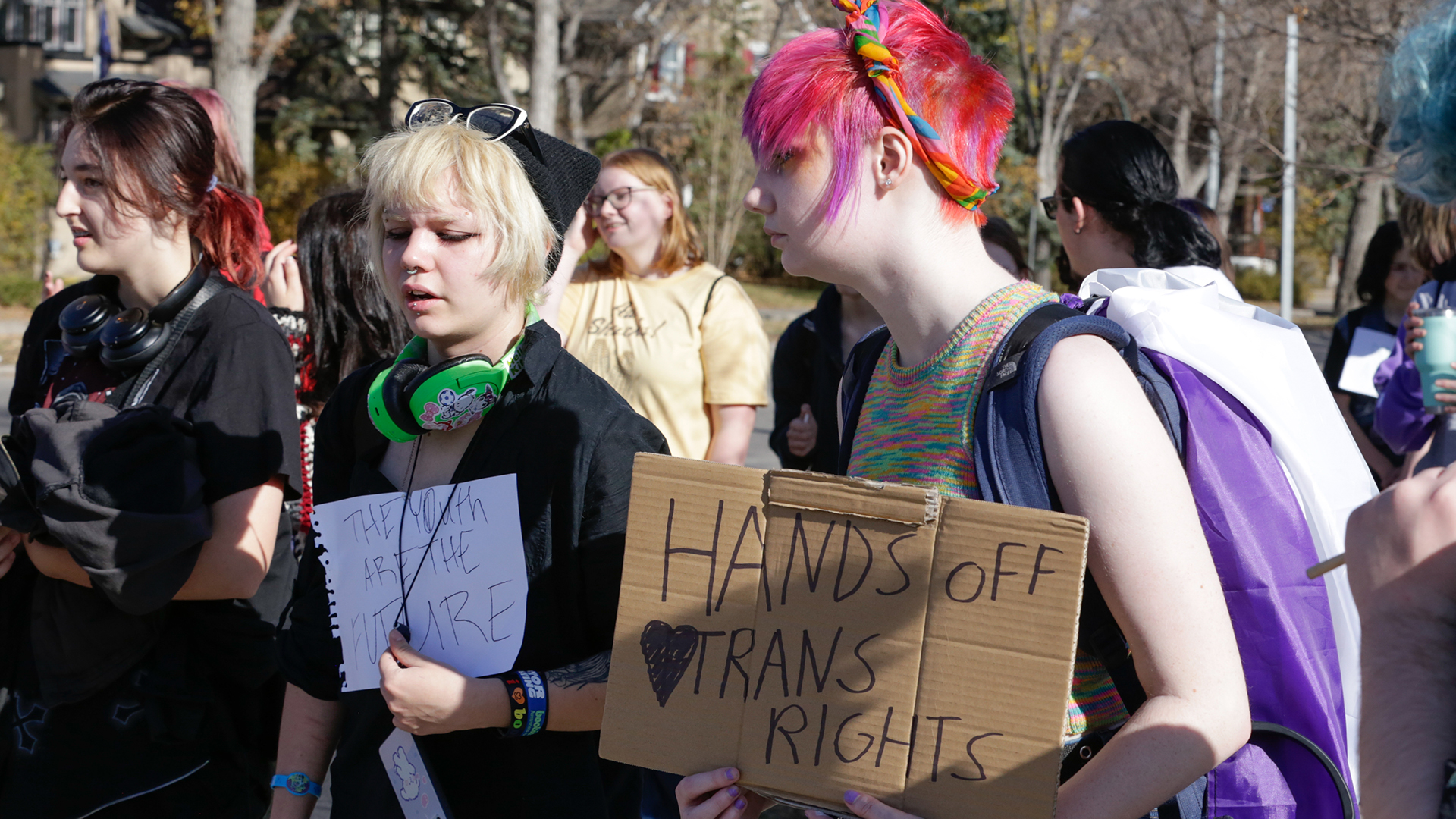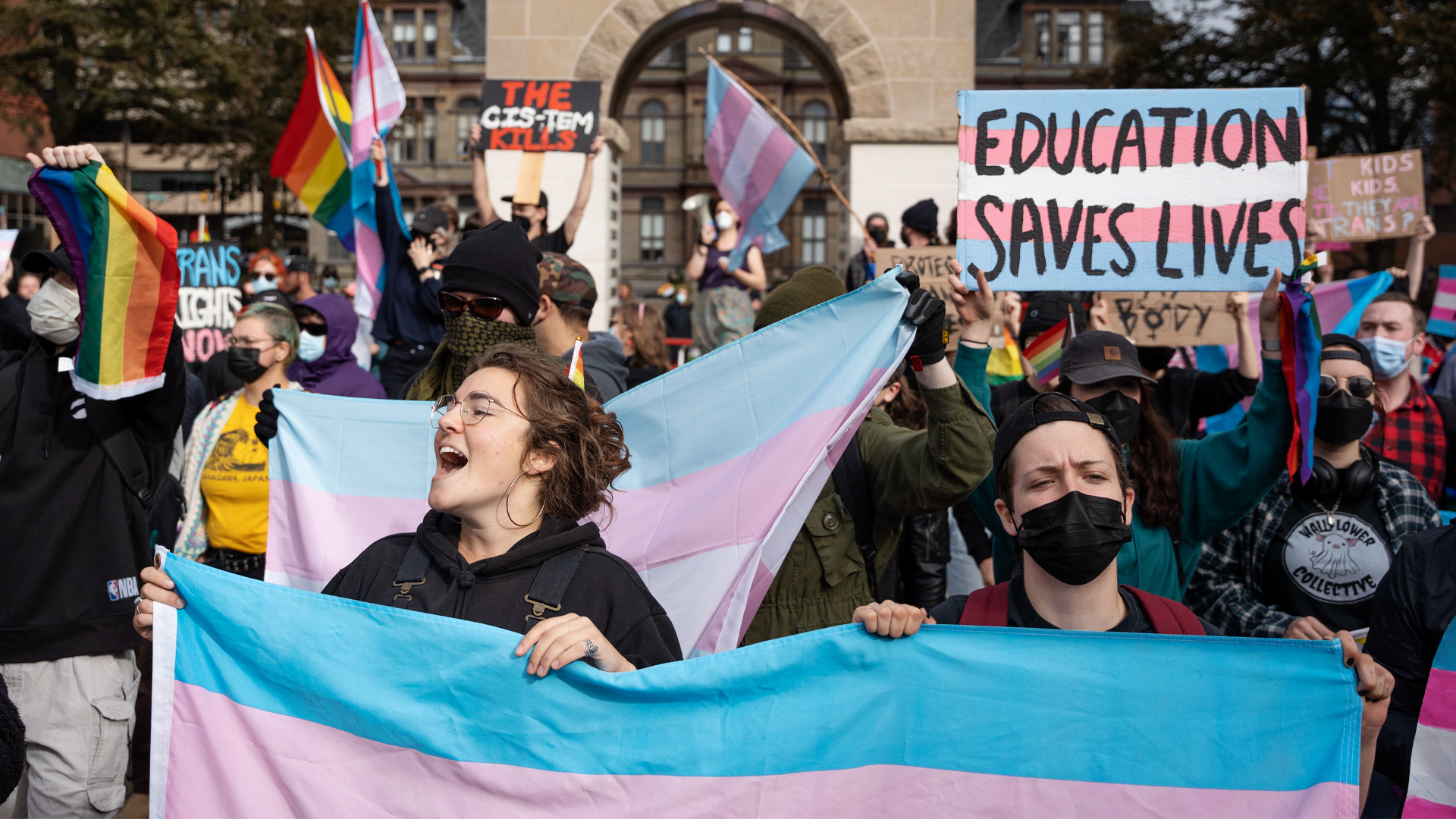
It was Saskatchewan’s NDP Premier Alan Blakeney who insisted that the Canadian Charter of Rights and Freedoms contain a provision that would allow elected officials to set aside judicial decisions regarding its import. To the relief of many and the regret of some, Canadian politicians, with the notable but increasingly historical exception of Quebec nationalists in the 1980s, have avoided availing themselves of section 33 of the Charter, known as the “notwithstanding clause.”
Now Saskatchewan is set to bring it out of the realm of constitutional curiosities into that of practical politics. It is wrong.
The occasion, perhaps the pretext, is a decision of Saskatchewan’s trial court holding that providing funds to Catholic schools (and to no others) to educate non-Catholic students is a violation of religious neutrality, and thus of the freedom of religion protected by the Charter. Although Saskatchewan, along with some other provinces, is constitutionally required to fund the education of Catholics in “separate” schools, this requirement cannot justify giving these schools the privilege of educating nonmembers of their community at public expense.
In my view, the trial court’s decision is quite obviously correct in law. Of course, the provision of such funding does not compel anyone to become Catholic, or prevent them from practicing their own religion. But that is not all that the Charter requires. In a case involving municipal officials engaging in theistic, although purportedly nondenominational, prayer, the Supreme Court held that this form of privileging belief over nonbelief breached the state’s duty to remain neutral in matters of religion. If, as the Supreme Court found, the government cannot provide even symbolic support to religion generally, then surely it cannot provide material support to one religious group over others.
The government of Saskatchewan has not argued that the Court misunderstood the meaning of religious freedom and neutrality. Rather, in a statement explaining why it wants to override the Court’s decision and continue privileging Catholic schools, it has invoked “school choice” as the reason to give non-Catholics access to Catholic schools. This is rank hypocrisy. Never mind that insufficient funding by the government denied the students of the school at the heart of the Court case their first choice, to attend a public school in their village rather than one miles away. If school choice mattered in Saskatchewan, then surely non-Muslims who might want to educate their children in a Muslim school at public expense, or non-Jews who might prefer a Jewish one, would get the same options as non-Catholics who prefer Catholic education. So, for that matter, would those who would rather send their children to a secular alternative to the public schools.
Of course, offering real school choice to everyone in Saskatchewan might be costly. (At present, the government only partially funds the cost of educating children in schools other than public or Catholic ones, and it does not fund these schools’ capital expenses.) But compliance with constitutional requirements is often expensive. Judges who can hold impartial and speedy trials are not free; nor are elections. Whether expense can ever justify limitations on constitutional rights is a difficult question; that it cannot always do so is not in doubt. In any case, there is an alternative, presumably a cheaper one: to educate every child, except the Catholics who are constitutionally entitled to a “separate” education, in public schools. That would, regrettably in my view, mean less choice. But it would also mean no government favouritism to one religious group―and that’s something on which the Constitution places a premium.
The Saskatchewan government’s unwarranted and hypocritical behaviour illustrates the fundamental problem with the notwithstanding clause. In theory, it could be a means for elected representatives of the people to express reasonable disagreement with the courts on difficult philosophical issues regarding the extent of constitutional rights, as well as policy questions about what kinds of limits on these rights might be unavoidable in a free and democratic society. In practice, if Saskatchewan succeeds at normalizing the use of the clause, governments will not engage in any serious deliberation about these issues. At best, they will resort to the clause to avoid the costs of carrying out their constitutional obligations. At worst, they will do it simply in order to appear “tough,” enacting policies both unnecessary and iniquitous in a race to the constitutional bottom.
The recent proposal by Lisa Raitt, a candidate for the leadership of the federal Conservative Party, to use the notwithstanding clause to prevent protests against the building of pipelines exemplifies the latter dynamic. So do calls by nationalist politicians (and legal academics) in Quebec to dispense with the right to be tried within a reasonable time. Alan Blakeney thought that enlightened politicians might need to overrule courts in order to preserve social programs from encroachments by judicial reactionaries. Instead, his toxic constitutional legacy is in danger of being used by unscrupulous populists to satiate the reactionary tendencies of the electorate. Voters should keep in mind that poison tends not to be as nutritious is it might seem.
Photo: Saskatchewan Premier Brad Wall talks to reporters at the legislature in Regina, Monday, May 1, 2017. THE CANADIAN PRESS/Jennifer Graham
Do you have something to say about the article you just read? Be part of the Policy Options discussion, and send in your own submission. Here is a link on how to do it. | Souhaitez-vous réagir à cet article ? Joignez-vous aux débats d’Options politiques et soumettez-nous votre texte en suivant ces directives.







